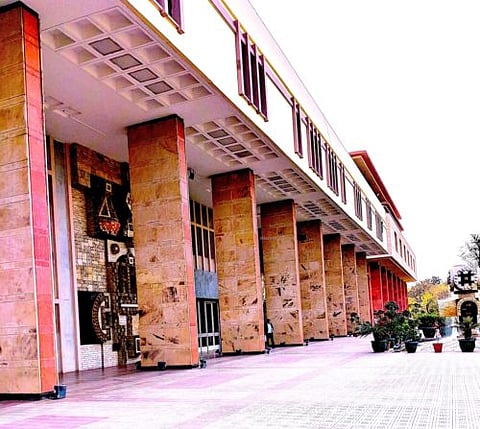
- News
- Columns
- Interviews
- Law Firms
- Apprentice Lawyer
- Legal Jobs
- हिंदी
- ಕನ್ನಡ

The Delhi High Court has laid down certain guidelines, to be followed by contractors and Municipal Corporations, to ensure that works are duly carried out as per the quality standards prescribed, and there is proper record of the work done.